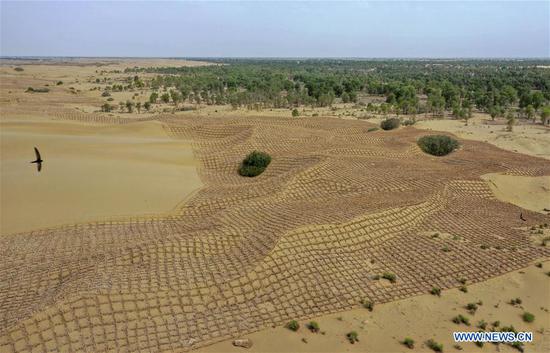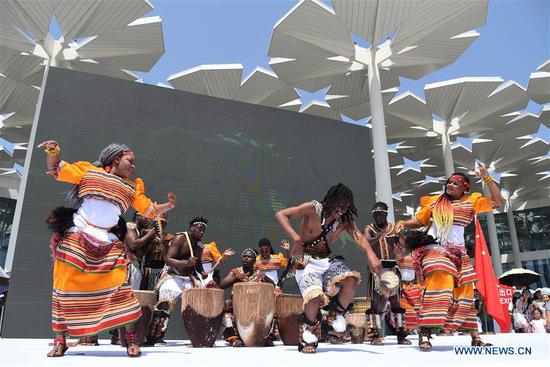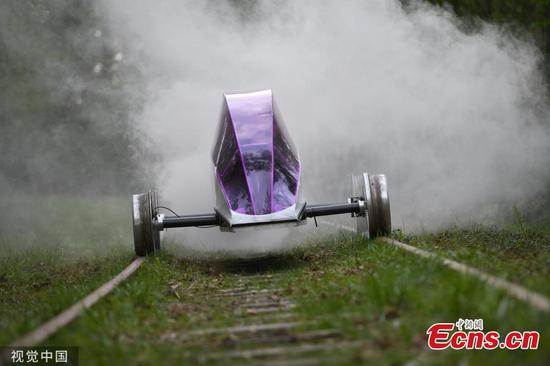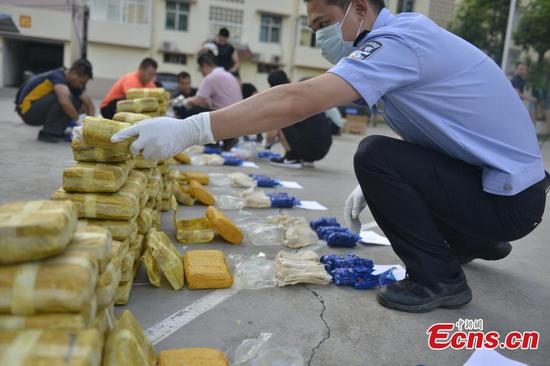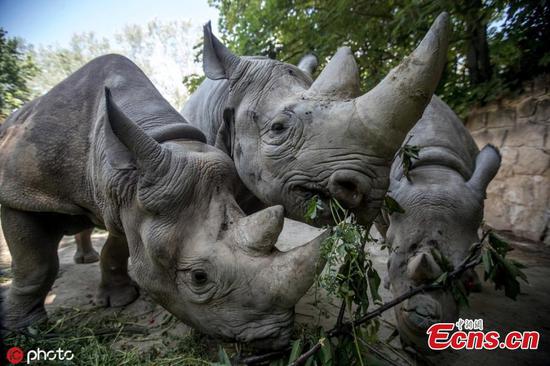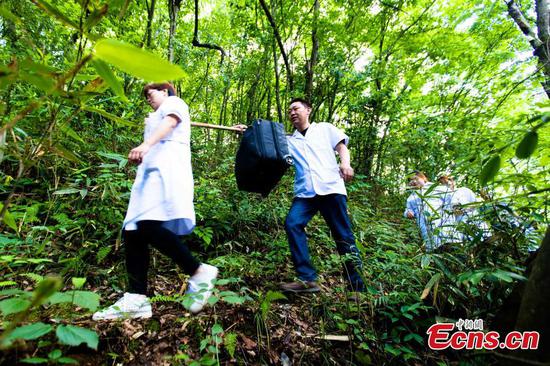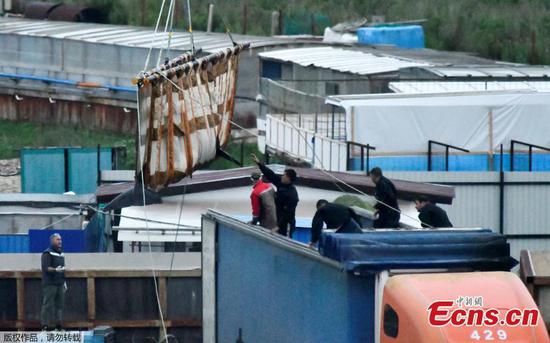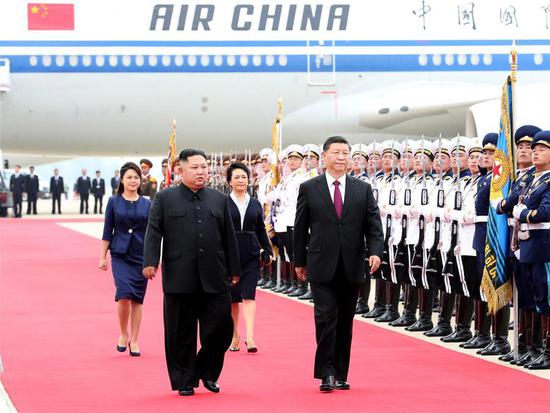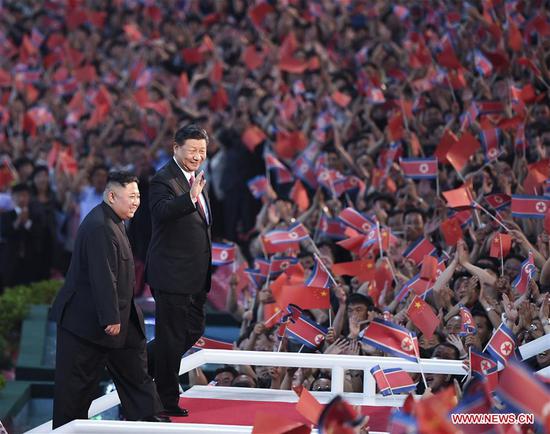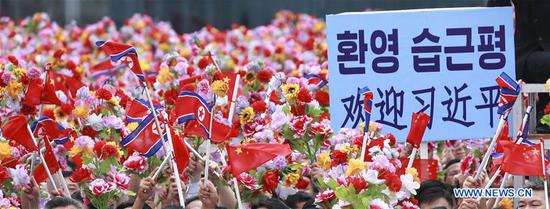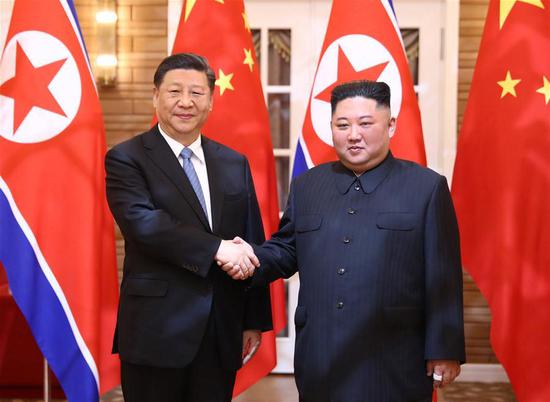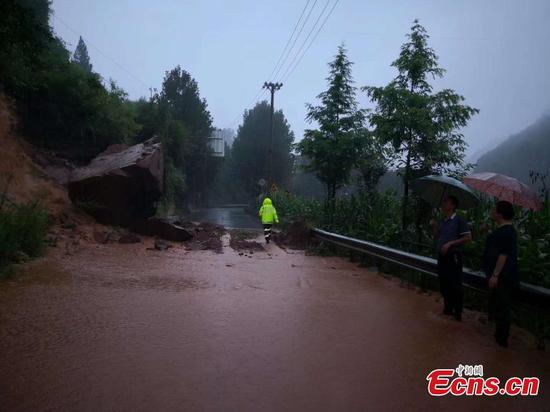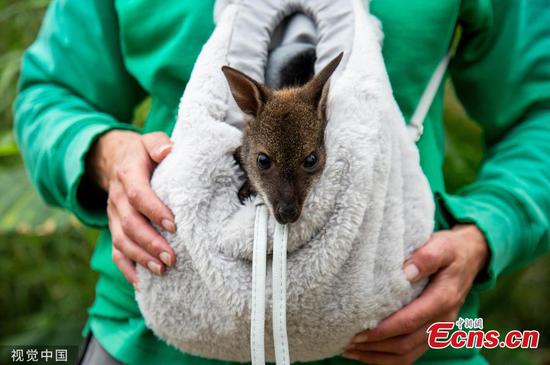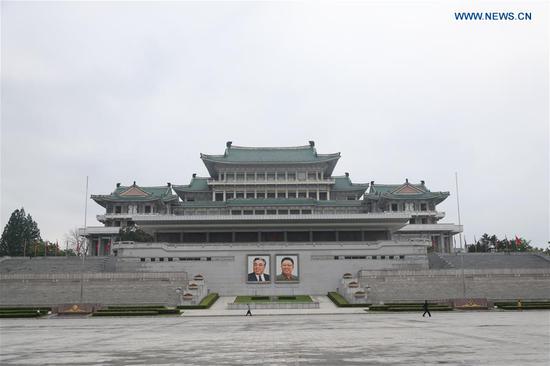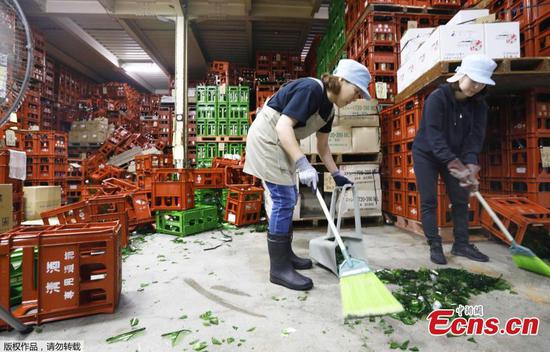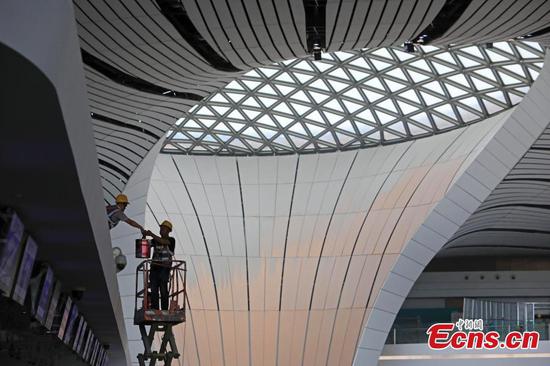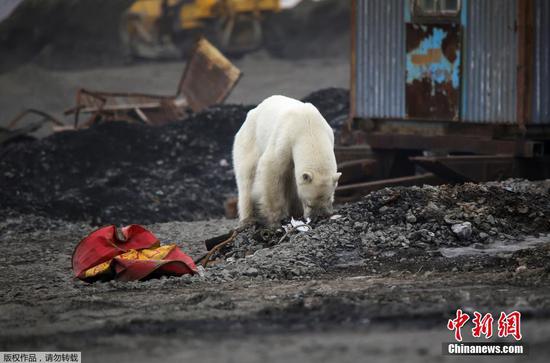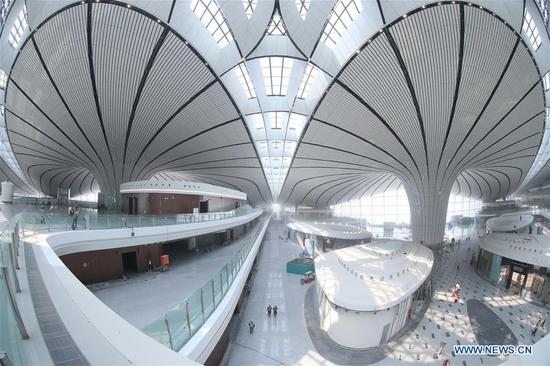Renewable energy to take center stage in preparations for 2022 Olympics
The 2022 Winter Olympics are going to cast new light on low-carbon development through the use of renewable energy, sustainable venues and green transportation, according to the organizers.
As China celebrated International Olympic Day on Sunday, the Beijing Organizing Committee for the 2022 Olympic and Paralympic Winter Games unveiled its master plan featuring 18 measures to reduce carbon emissions before and during the Games. The initiative is expected to set new patterns for energy-efficient development beyond 2022 around the region.
The plan, which calls for low-carbon solutions in energy supply, venue construction and transportation, has been fully adopted for preparations for the 2022 Olympics and post-event design work, said Zhang Jiandong, vice-mayor of Beijing and executive vice-president of the organizing committee.
"We are on a mission to help address climate change while promoting sustainability, not just for the Games, but also for the whole region's benefit long after them," Zhang said on Sunday at an event held in Beijing's Horticulture Expo park to release the plan.
Olympic Day is celebrated annually on June 23 to commemorate the birth of the modern Olympic Games in 1894 at the Sorbonne in Paris.
More than 1,000 Beijing 2022 organizers, sponsors and running enthusiasts participated in a mini-marathon at the park to mark the plan's release.
As a highlight of the plan, the 2022 Olympics-to be held in downtown Beijing, its suburban Yanqing district and co-host Zhangjiakou in Hebei province-will be the first Winter Games whose venues all use clean energy from renewable sources including solar, wind and biomass power according to the organizing committee.
Snow events co-host Zhangjiakou, some 200 kilometers northwest of Beijing, has been singled out by the International Renewable Energy Agency in Abu Dhabi for its clean energy resources in photovoltaic and wind power which could be transmitted to Beijing through a cross-regional grid system being deployed in the area.
"The pursuit of a low-carbon Winter Olympics in 2022 will see China pioneer a movement towards the cost-effective decarbonization of the world's greatest spectacles," Adnan Z. Amin, director-general of the agency, said in China last year.
In Yanqing, another mountain venue cluster for 2022 snow events, the construction of facilities-the national Alpine skiing and sledding tracks as well as an athletes' village-has been optimized to be able to use geothermal energy for indoor heating of over 1,000 square meters at each venue, according to property owner Beijing Enterprises Group.
An evaluation of plant and animal life was conducted before construction began in Yanqing, and over 25,000 trees have been moved to a new 53-hectare forest park from the mountain ridge where ski slopes and sledding tracks are being built, according to the 2022 organizing committee's Yanqing operation center.
"The protection of the environment is the bottom line of all Olympic projects, especially in this mountain area," said Zhang Suzhi, deputy director of the center.
All passenger vehicles used at the Games will be powered by new energy. Charging stations and hydrogenation stations will be installed for official vehicles in competition zones, according to the plan.
Clean-energy shuttles will be available to connect high-speed railway stations and spectator parking lots to all the venues.











